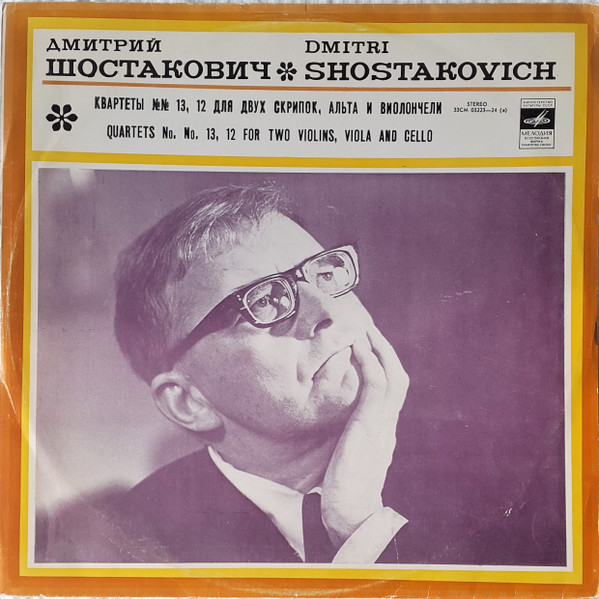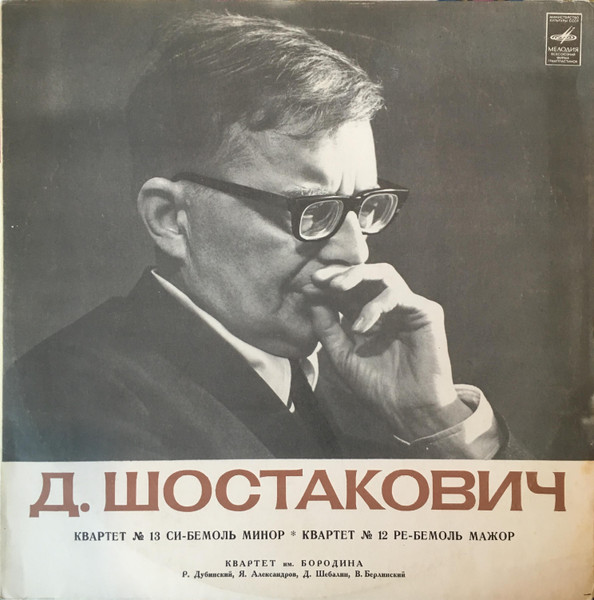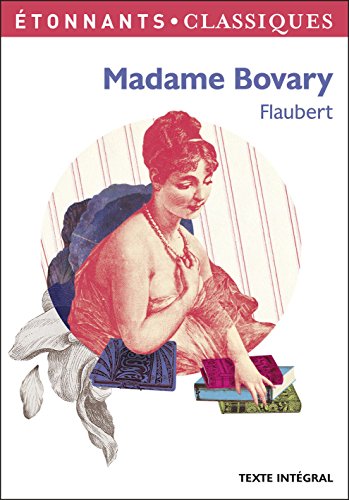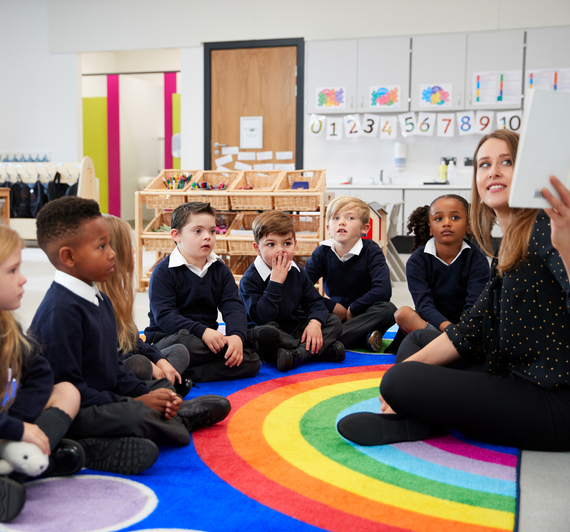For many years my advice on what to do with EAL learners has had two key elements. Firstly, you learn how to communicate in a language by being in an environment in which you are surrounded by the language. The language is associated with doing practical things and you just pick up the language you need as long you feel happy and included. You learn the language you need to play. You learn functional language: you can order what you want for lunch, you can tell the teacher you need to go to the toilet and you might even be able to apologise for forgetting to do your homework. There is no phonics, no reading and no writing. It just happens. In language acquisition theory it is called immersion. It works far better than any computer programme or grammar driven sequence of lessons. It is the way all of us learn our first language- or our first two or three if we are lucky enough to grow up in a multilingual home. Equipped with this fluency, we go to school where we are taught to read and write.
So far, so good. However, if you are pitched into Year 3 in the middle of the school year, the expectation is that school work involves reading and writing. If you arrive in Year 9, it involves rather more sophisticated reading and writing. Indeed, it also requires a more academic form of spoken language. That is why the second key element is explicitly teaching the language of learning and of tests and exams. It also needs a focus on how different subjects use language differently. Average and table, for example do not mean in science lessons what they mean in everyday conversation. “It just didn’t work” is fine in some circumstances, but you are more likely to need “there was a complete failure” in others.
I feel comfortable with my two basic assumptions, but I also think it is vital to keep reviewing the evidence and be prepared to change. So I reviewed the evidence I know best. How did I learn the four languages in which I have an academic qualification? French, German and Latin were very similar: lots of grammar, lists of vocabulary to learn and not much conversation (none at all in Latin). Russian was very different. I learnt it for two years rather than five or seven. In the oral exam at the end of the two years, I held a lucid conversation with only native Russian speaker I have ever spoken to about Shostakovich.
What was different about the Russian teaching? The wonderful Mr Howard (who also taught me much of my French, but very differently to Russian) decided that for the first seven weeks there would be no reading and writing. He showed us pictures. There were no computers connected to white boards in the mid-1970s. He had to cut pictures of things we recognised out of magazines, hold them up and talk to us about them in Russian. Then he began to ask us questions, always in Russian. At first we just nodded or shook our heads to give yes/no answers. Within three weeks we were starting to speak. Within seven weeks we could speak context appropriate and grammatically correct sentences in a language where verbs conjugate and nouns and adjectives decline. We had done no reading and writing and had no explicit grammar instruction. Not until the beginning of the second half term did we begin to decipher the Cyrillic script. We learnt it quickly with the confidence we had acquired from being able to speak and understand the language.



The French teaching was different, but I got an A level in French, read Flaubert, Troyat and de Musset and wrote essays in French. Shortly after finishing school, I moved to Paris where I had a job in a warehouse. On my first morning the supervisor gave me my instructions. I just looked blankly at him. I could read the nuanced opinion pieces in Le Monde, but I couldn’t understand a word that a real live French speaker with a regional accent was saying to me. I survived the first two weeks with sign language and by asking people to speak very slowly to me. At which point I discovered that the French for slowly in this context is not “lentement,” as I had been taught at school, but “doucement.” Context is everything in language. After six months one of my colleagues rather generously told me that my French was almost fluent.
25 years later I bought a holiday home in France. All the proceedings were conducted in French and I was fine. I could understand the documentation because I had been taught to read and write in French at school. I could converse comfortably with the sellers, the estate agent and the notaire (and my new neighbours) because I had worked in the warehouse.
Where does this leave my view of language learning? You can learn to speak and listen and read and write at the same time, but it’s a lot easier if most of the initial focus is on speaking and listening to fluent users of the language. Immersion certainly works, though only- as my colleague Chiaka Amadi says- if the pupil swims rather than sinks, which leads me to another story for another time about how bad the swimming teacher was at my school…
Graham Smith

EAL beginners in the mainstream classroom
Online course
Addressing the full range of beginners in English – from those with no prior schooling to those with successful experience of education and strong literacy skills in their mother tongue – this course offers a blueprint for integrating new EAL pupils into the classroom, leading to more confident teachers and more motivated students.
